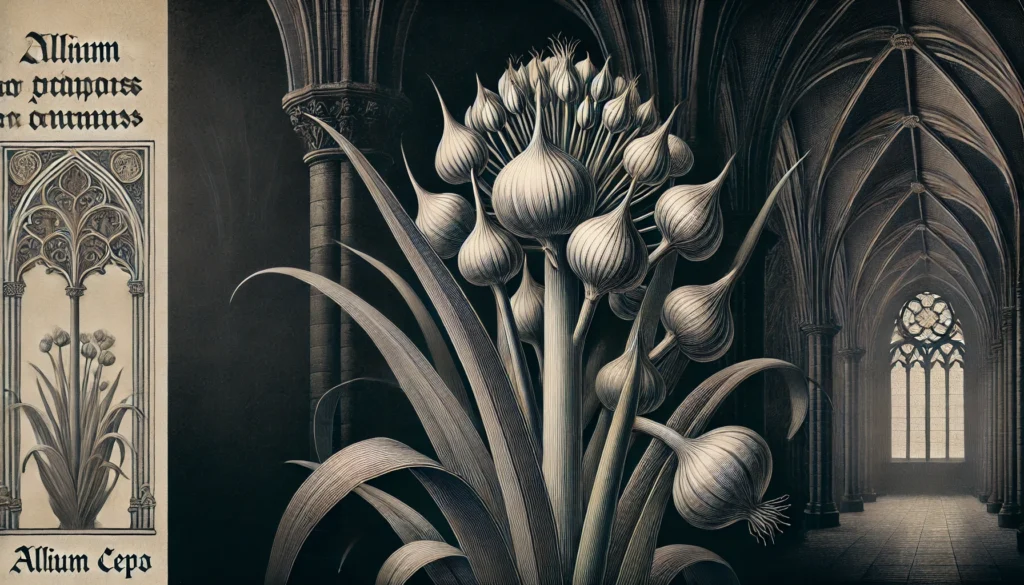

Home » Cat Plants » The Dangers of Onion to Cats

Onions are a common household vegetable that can be found in many kitchens. While onions add flavor to our meals, they can be toxic to cats. Cats are not allergic to onions in the traditional sense, but consuming onions can lead to serious health issues due to their poisonous nature.
Ingestion may cause mild gastrointestinal upset, but is generally not life-threatening.
Ingestion can result in mild symptoms like vomiting, diarrhea, or drooling. Rarely fatal but may require veterinary care.
Eating these plants can lead to more pronounced symptoms like abdominal pain, lethargy, or difficulty breathing. Veterinary intervention may be necessary.
Ingesting even small amounts can cause severe symptoms like organ damage, seizures, or cardiac failure without rapid treatment.
All parts of these plants are extremely poisonous to cats and can quickly lead to death, even with immediate veterinary care.
** Please note: Please note that toxicity level can vary based on the amount ingested and the specific cat. It's always best to keep these plants completely inaccessible to cats and seek immediate veterinary care or call the poison hotline if you suspect your cat has ingested any part of a toxic plant.
If a cat has ingested onions, they may exhibit various symptoms due to the toxic effects of the vegetable. Some common symptoms include:
In severe cases, onion toxicity can lead to anemia and even organ damage.
If you suspect your cat has consumed onions and is showing symptoms of toxicity, it is crucial to seek veterinary care immediately. Your veterinarian may follow these steps to diagnose and treat your cat:
For more information on onion toxicity in cats, visit the ASPCA Animal Poison Control Center.

A: Yes, Onion is highly toxic to cats. It can cause hemolytic anemia, which destroys red blood cells and leads to symptoms like weakness, vomiting, and difficulty breathing.
A: Even small amounts of Onion can be harmful to cats. Ingestion of just 5 grams of onion per kilogram of body weight can result in toxic effects.
A: If your cat consumes even a tiny piece of Onion, it may experience symptoms like vomiting, drooling, or lethargy. Immediate veterinary care is crucial to prevent further damage to red blood cells.
A: While the smell of Onion does not harm cats, ingestion of the plant is dangerous. The toxic compounds are only harmful when consumed and can lead to severe health issues.
A: Yes, both cooked and raw Onions are equally toxic to cats. The cooking process does not reduce the toxicity, so it’s important to keep all forms of Onions away from your pet.
A: If your cat eats any amount of Onion, contact your veterinarian immediately. Prompt treatment can prevent severe complications like anemia and improve your cat’s chances of recovery.
Onions, scientifically known as Allium cepa, have been cultivated for thousands of years. They originated in central Asia and have since spread across the globe. Onions have been used in various cuisines and traditional medicines due to their flavor and perceived health benefits.
Despite their long history of use in human cuisine, onions have always been toxic to cats. The toxic compound in onions, called n-propyl disulfide, can cause oxidative damage to a cat’s red blood cells, leading to anemia and other health issues.
Please note: The information shared in this post is for informational purposes only and should not be considered as veterinary medical advice.